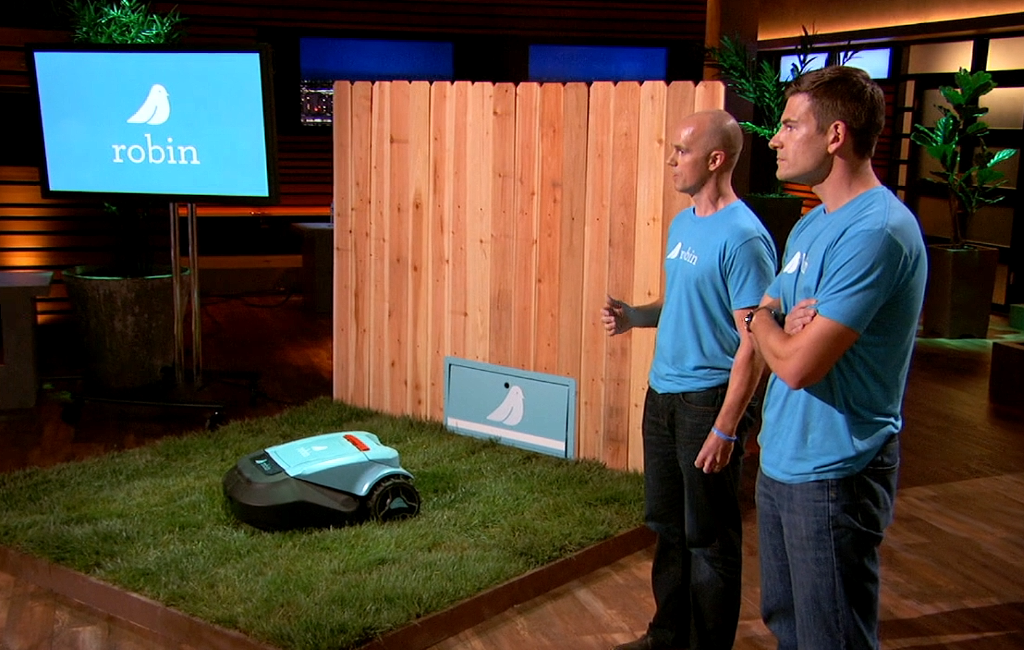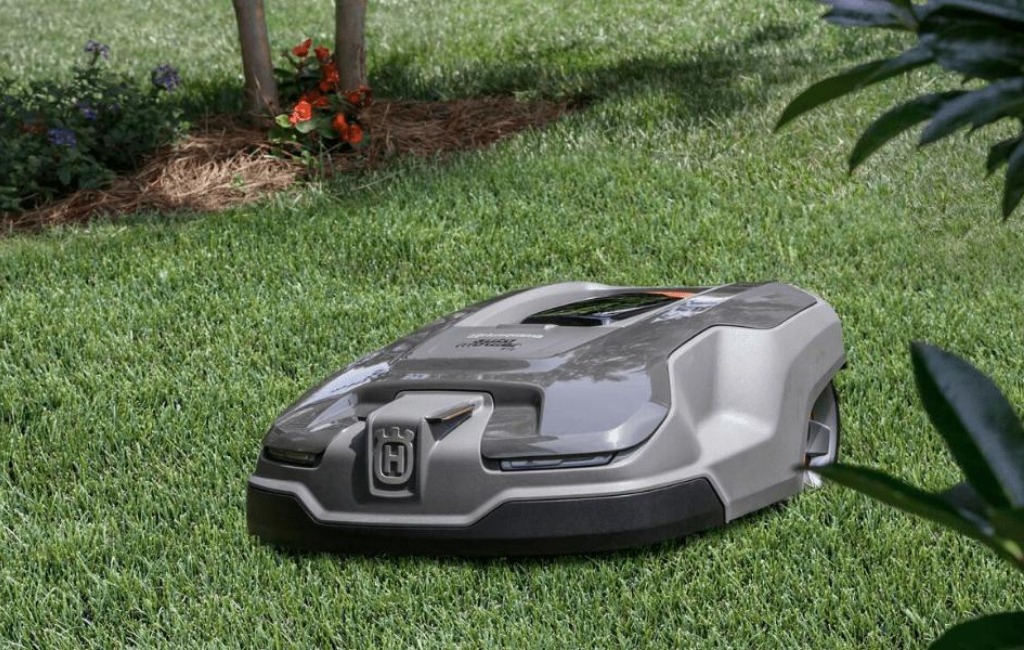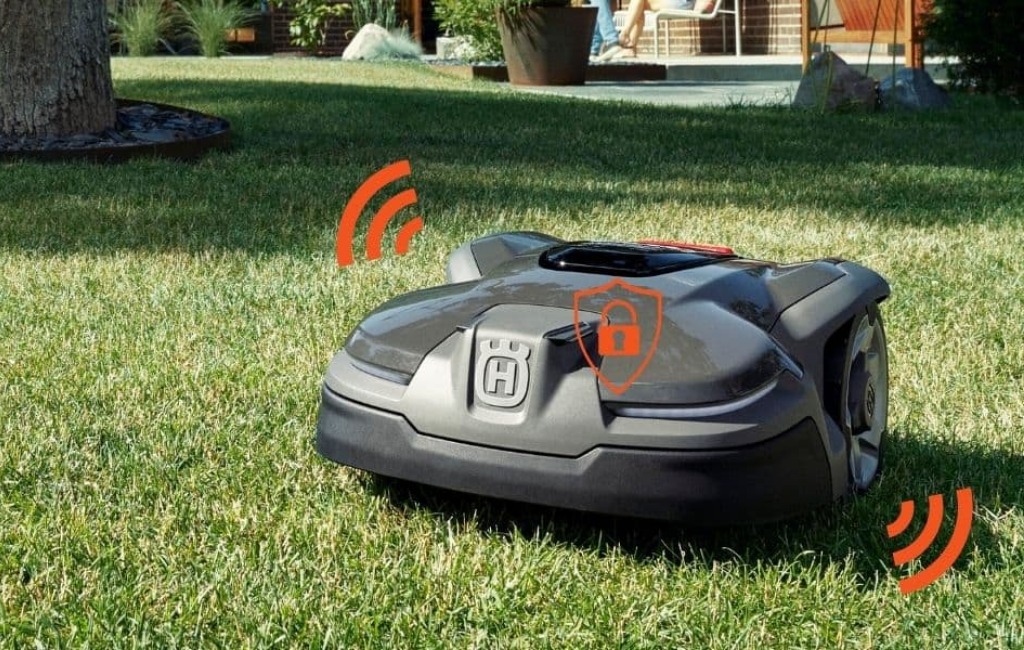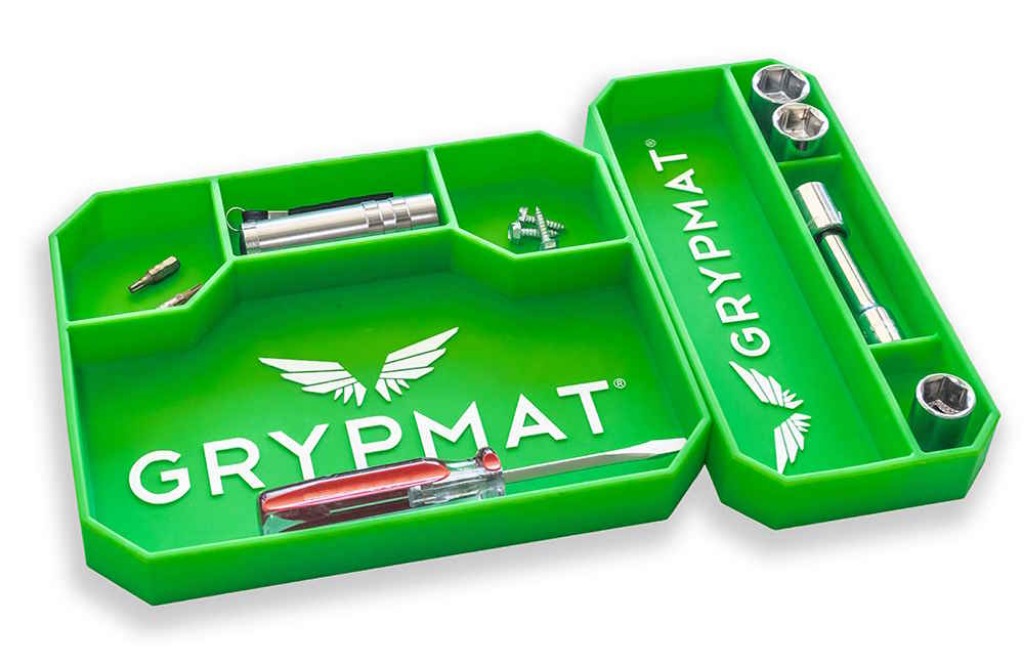Robin – Robotic Mowing Services

NO DEAL
EPISODE SUMMARY
🕓 Air Date: November 12, 2017
Asking For:
$500,000 for 5%
Investor:
No Deal
Deal:
No Deal
PRODUCT SUMMARY
Robin offers the world's first robotic lawn-mowing service, combining proven European robotic mower technology with human crews for a reliable and environmentally friendly lawn-care solution.
WATCH HERE
IN A RUSH?
Click these to jump to the section you want to read.
Background Story
Founders Justin Crandall and Bart Lomont, based in Dallas, Texas, recognized the outdated and environmentally harmful practices in the lawn-care industry. With a mission to revolutionize lawn care, they introduced Robin, a robotic lawn-mowing service. Justin, with a background in agriculture and military operations, and Bart, with experience in online business and sales, joined forces after meeting through a mutual friend. The idea stemmed from their desire to create a more sustainable and efficient lawn-care solution, considering the excessive reliance on gas-powered mowers and unreliable landscapers.

The founders started Robin over two years ago as an “Uber for lawn care” type of business. Initially, they focused on traditional lawn-mowing services using gas-powered equipment, and within two years, they grew the business to 10,000 jobs a month and approximately $400,000 a month in sales in Houston, Austin, and Dallas. The goal was to transition their existing customers to the more environmentally friendly robotic lawn-care service.
The Product
Robin’s robotic lawn-mowing service involves the use of European robotic mower technology. The robot is equipped with a wire buried around the yard’s perimeter, similar to a dog fence. This wire guides the robot, allowing it to know the edges of the yard and preventing it from straying. The mower cuts a small amount of grass each day, mulching the clippings, which act as fertilizer, reducing the need for additional fertilizers by about 25%.
To acquire the service, customers can purchase the robot from Europe, costing around $1,800 to $1,900, or choose from one of Robin’s service plans. The plans range from $17 a week for mowing only to $37 a week for a comprehensive package including weeding, shrub trimming, and more. The additional services are handled by human crews, distinguishing them from the automated robot.
Installation involves burying the wire around the yard’s perimeter, and the robot follows this wire to its docking station for recharging. The founders emphasize the environmental benefits of the service and its potential to reshape the lawn care industry.

How It Went
The company’s position before Shark Tank
Before entering the tank, Robin’s traditional lawn-care business achieved impressive results with a run rate of just under $5 million in annual revenue. With a monthly burn rate of $100,000, the company was investing aggressively to grow its customer base. The founders had successfully raised over $3 million in funding and built a team of 10 full-time members, in addition to contracting with about 80 crews. In the previous year, Robin generated approximately $3 million in sales but incurred a loss of just over $1 million due to aggressive spending for expansion.

The founders explained that they could break even at any time by halting investments in customer acquisition. Despite the losses, the company showcased its potential for growth, targeting a transition from traditional lawn care to a more environmentally friendly robotic service. Robin’s agreement with manufacturers allowed them to avoid upfront costs for the robots and pay a lease fee of $45 per month per mower after the first month of customer billing.
The Negotiations:
The sharks expressed concerns about the capital-intensive nature of Robin’s business, with a focus on the high upfront costs of the robotic mowers. The founders clarified that their agreement with manufacturers allowed them to avoid upfront costs, paying $45 per month as a lease fee after the first month of customer billing. Despite the promising potential of the business, all sharks opted out. Lori Greiner viewed it as more of a consumer product play than a service and was concerned about the long horizon for return on investment.

Mark Cuban appreciated the concept but believed it would require substantial funding and time to scale. Richard Branson found the valuation too high, and Robert Herjavec wanted to see a more significant tipping point in the company’s growth. Ultimately, the founders left the tank without a deal but remained confident in Robin’s potential to capture a billion-dollar market in the U.S., following the success of similar services in Europe.







